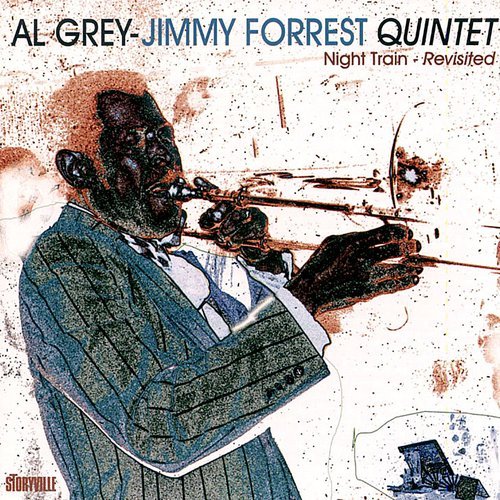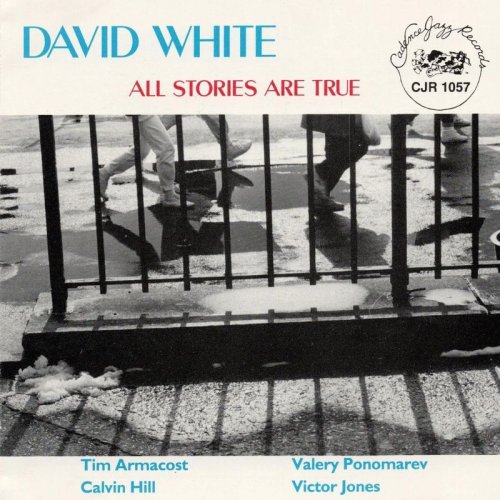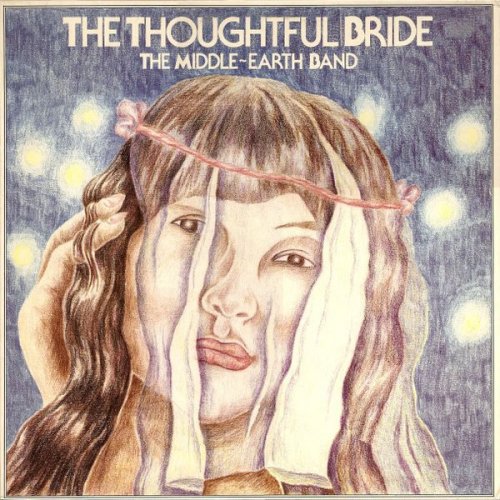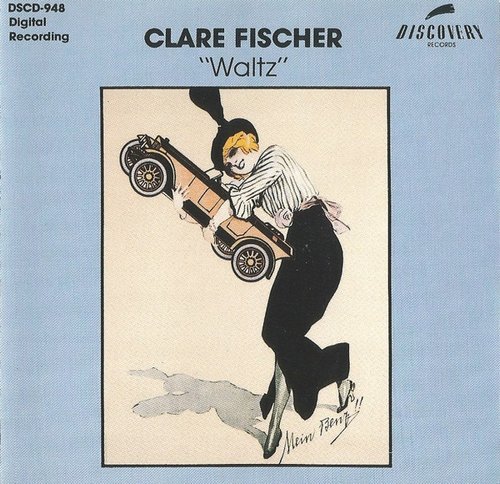Michael Martin Murphey - Wildfire 1972-1984 (1998)
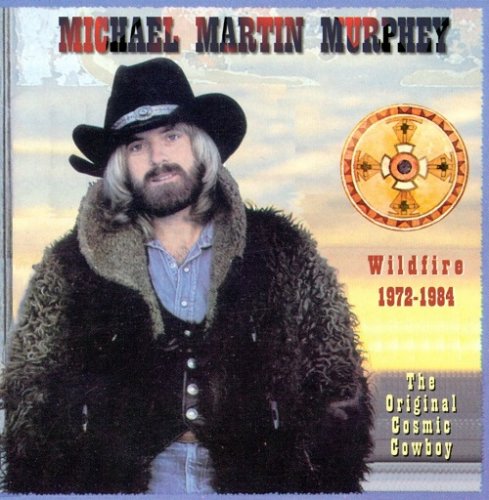
Artist: Michael Martin Murphey
Title: Wildfire 1972-1984
Year Of Release: 1998
Label: Raven Records
Genre: Folk Rock, Country Rock
Quality: Mp3 320 / Flac (tracks)
Total Time: 01:18:17
Total Size: 206/495 Mb (scans)
WebSite: Album Preview
Title: Wildfire 1972-1984
Year Of Release: 1998
Label: Raven Records
Genre: Folk Rock, Country Rock
Quality: Mp3 320 / Flac (tracks)
Total Time: 01:18:17
Total Size: 206/495 Mb (scans)
WebSite: Album Preview
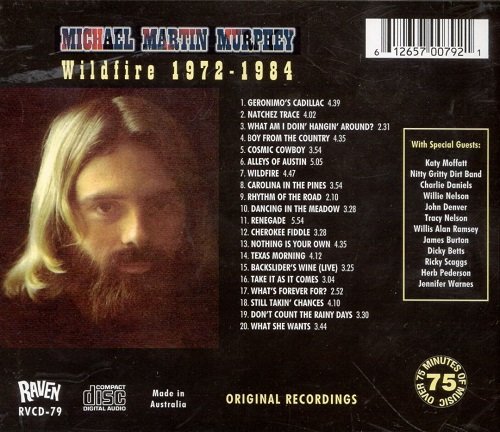
Tracklist:
01. Geronimo's Cadillac
02. Natchez Trace
03. What Am I Doin' Hangin' Around
04. Boy From The Country
05. Cosmic Cowboy
06. Alley's Of Austin
07. Wildfire
08. Carolina In The Pines
09. Rhythm Of The Road
10. Dancing In The Meadow
11. Renegade
12. Cherokee Fiddle
13. Nothing Is Your Own
14. Texas Morning
15. Backslider's Wine (Live)
16. Take It As It Comes
17. What's Forever For
18. Still Takin' Chances
19. Don't Count The Rainy Days
20. What She Wants
This collection of Michael Murphey's work is from his earliest period, when he was hanging out with Jerry Jeff Walker's Lost Gonzo Band and issuing some of the most forward-thinking, philosophical, cosmic cowboy music of the outlaw era. And Michael Murphey was no outlaw. The tracks from his first three albums -- Geronimo's Cadillac, Cosmic Cowboy Souvenir, and Blue Sky - Night Thunder, where the mega-smash "Wildfire" originally came from -- are the most satisfying. The cuts from these albums -- such as the title track from Geronimo, "Natchez Trace," "Alleys of Austin," "Cosmic Cowboy," "Boy From the Country," and "What Am I Doin' Hangin' Around?" -- reflect an artist who is looking to widen his path, searching restlessly through the country, rock, and blues music he loves for a sound that embodies them all but stays true to the spirit of the West. It's as if Murphey were looking to become a cosmic cowboy rather than already seeing himself as the embodiment of the ghosts of mythical western figures he did later. The music from the early records is wild and untamed, full of experimentation and raw fire. Even "Wildfire" and "Carolina in the Pines" embody the seeker's vision, although it's more closely defined by an uncynical wonder and the willingness to let some of the recording studio in on the journey. And no one can ever argue -- unless they're out of their damned minds -- that "Wildfire" isn't an amazing pop single. It gave Dan Fogelberg a career for a decade or so. "Carolina in the Pines" is one of the most successful fusions of bluegrass, country, and American schlock pop ever accomplished -- and the song is stunningly beautiful. In essence, as this collection of Raven's proves, Murphey didn't completely lose his country heritage until after 1984. While the albums that embodied these songs may not have kept to the standard that these songs do, there was at least one track on each that stood out and is worthy of repeated listening by anyone interested in country music, such as the Murphey/Willie Nelson duet on the stomping "Rhythm of the Road." "Dancing in the Meadow," "Cherokee Fiddle," "Texas Morning," a stunning live version of "Backslider's Wine," and "Take It as It Comes," with its whining pedal steel and slowed-down 4/4 tempo, embody the folky spirit of country with all of its contradiction -- though Murphey is on the politically correct side of things. It is only on the pop tracks -- such as the synthed-out "Renegade," the Steely Dan jazz-funk of "Nothing Is Your Own," the other mega-smash, "What's Forever For," the Eagles/America-like crossover of "Still Takin' Chances," and the insipid "Don't Count the Rainy Days" that was written for the charts -- that fall really short in terms of the cosmic cowboy vision. Murphey got caught up in what people said about him rather than his music. The Jackson-Eagles production blends well with Murphey's gorgeous tenor voice, but the song gets lost, too. As far as compilations go, this one is as good as it gets and should be readily available despite being an import. Despite its shortcomings, there is more than enough good material to satisfy the curious and begin to satiate those who mourn the loss of that restless cowboy who was looking not for compromise, but the soul of the West.
